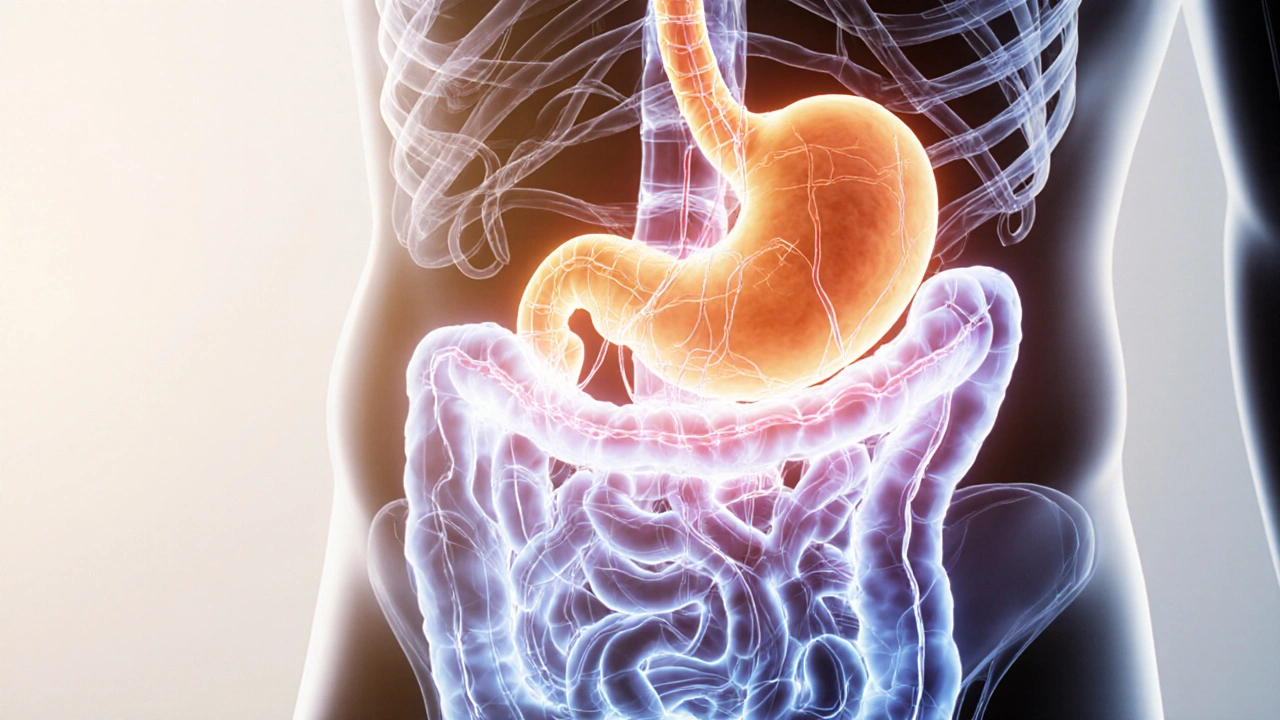Colon Cancer: Causes, Screening, and Treatment Options
When we talk about colon cancer, a type of cancer that starts in the large intestine and can spread to other parts of the body. Also known as colorectal cancer, it's one of the most common cancers worldwide—but also one of the most preventable if caught early. Most cases begin as small, noncancerous clumps of cells called polyps. Over time, some of these polyps turn into cancer. That’s why regular screening isn’t just a good idea—it’s life-saving.
Colon cancer doesn’t always cause symptoms in its early stages, which is why so many people are diagnosed at later, harder-to-treat stages. But when signs do show up, they often include changes in bowel habits lasting more than a few days, persistent abdominal discomfort, unexplained weight loss, or blood in the stool. These aren’t always signs of cancer, but they’re never normal. If you’re over 45, or have a family history of colon cancer, getting screened is non-negotiable. Tests like colonoscopy, stool DNA tests, or flexible sigmoidoscopy can find polyps before they turn dangerous—or catch cancer when it’s still treatable.
What you do after diagnosis matters just as much as prevention. Treatment usually involves surgery to remove the cancerous part of the colon, sometimes followed by chemotherapy or radiation. Newer targeted therapies and immunotherapies are helping people live longer, even with advanced disease. And lifestyle changes—eating more fiber, cutting back on processed meats, staying active, and avoiding smoking—don’t just lower your risk, they can improve outcomes if you’ve already been diagnosed.
You’ll find real, practical advice here—not just theory. We’ve gathered posts that break down what screenings actually involve, how different treatments compare, what side effects to expect, and how to manage life after diagnosis. Whether you’re worried about your own risk, supporting someone through treatment, or just trying to understand the basics, the articles below give you clear, no-fluff answers.
Learn how epigastric pain can be a warning sign of colon cancer, understand risk factors, diagnosis steps, when to seek help, and effective prevention strategies.
Oct, 6 2025

